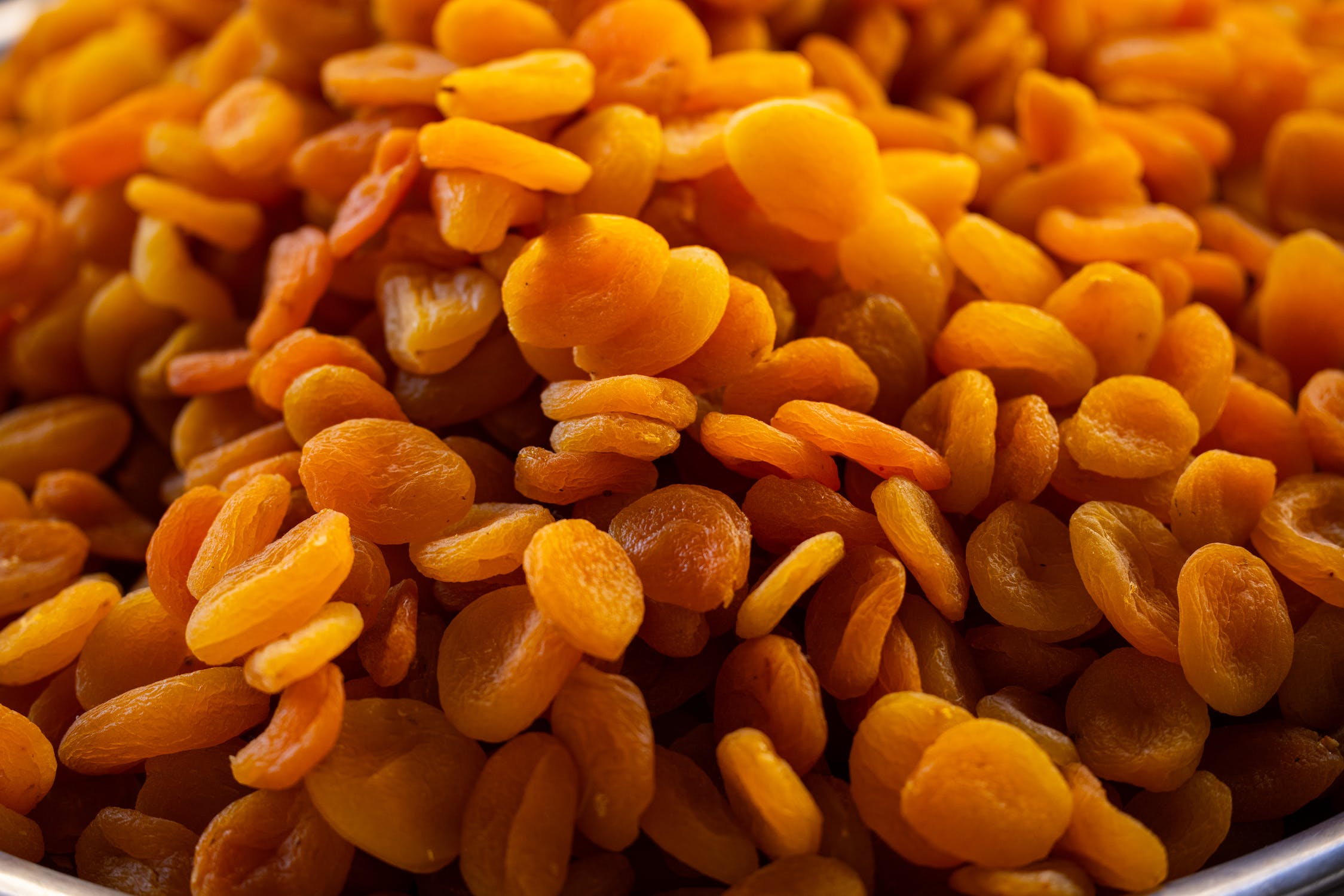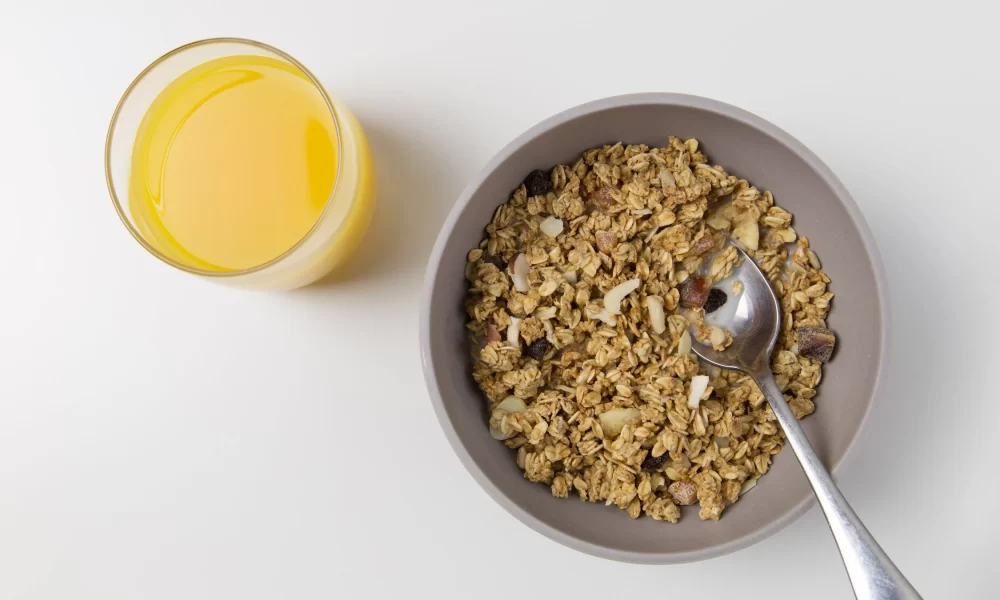What are Sulphites?
Sulphites are substances that are found naturally in some foods and drinks. They are also used as an additive to slow browning and discolouration in foods and drinks during the preparation, storage, and distribution processes. They are also used to prevent the growth of bacteria or fungi. Sulphites can be used in food packaging like cling film and are produced naturally in the production of wine and beer.
Sulphites release sulphur dioxide, an irritant gas, which is why sulphites can cause allergy-like symptoms in those with other health conditions which affect the nose, throat, and mouth. Although an allergy to sulphites is rare, those with underlying asthma are more likely to have allergy-like symptoms from sulphites. Allergy UK states that upwards of 13% of people with asthma also suffer from sulphite sensitivity. Those with urticaria, a type of skin rash, may also experience worsened symptoms after ingesting sulphites.

The History of Sulphites
Sulphites were used as preservatives in foods and beverages in the 1970s and 1980s. However, in 1986 the Food and Drug Administration banned them in America due to the increase in severe allergic reactions. The ban stopped the use of sulphites in fresh fruits and vegetables. Nonetheless, they are still permitted within processed meat products, dried fruit, beer, wines and other food and drink products.
While these bans weren’t carried out in the UK, the Food Standards Agency requires that sulphites must be clearly declared in food if present at more than 10ppm (parts per million).
Symptoms of a Sulphite Reaction
Sulphites can cause a reaction when breathing in sulphur dioxide from food or drink consumed that contains sulphites. It can cause asthma and suffer allergy symptoms from wheezing to life-threatening anaphylactic reactions, although this is rare in the case of a sulphite allergy.
Ingredients to avoid if you have a Sulphite allergy:
- Sulphur Dioxide (E220)
- Sodium Sulphite (E221)
- Sodium Hydrogen Sulphite (E222)
- Sodium Metabisulphite (E223)
- Potassium Metabisulphite (E224)
- Calcium Sulphite (E226)
- Calcium Hydrogen Sulphite (E227)
Potassium Sulphite, also known as Potassium Bisulphite or Potassium Hydrogen Sulphite (E228)
Possible foods and drinks containing sulphites may include:
- Cereal, cornstarch, crackers, and muesli
- Dried fruits and vegetables such as raisins, apricots, and sweet potatoes
- Wine and beer
- Canned and frozen fruit and vegetables
- Fruit jams, jellies, and syrups
- Fruit and vegetable juices
- Vinegars
- Condiments such as ketchup, pickles, mustard, as well as others.
This isn’t an exhaustive list but features some of the most common foods to contain the allergen.

Sulphites and Food Labelling
UK labelling rules also state that sulphur dioxide must be declared if it has purposely been added as a preservative or used in food preparation.
EU food labelling laws require food sold in the UK to include an alert of sulphites or sulphur dioxide on the label if it includes more than 10mg per kg or 10mg per litre.
Businesses that do not follow allergen laws, face serious repercussions, click here to find out more.
LiberEat - Allergen Error Detection Software
Food allergen rules and regulations continue to change and evolve. Food businesses in production, hospitality, catering, and retail must be vigilant when working with ingredients, products, and dishes containing allergens and exercise due diligence when providing ingredient and allergen information to consumers. Successful allergen management is a big part of Food Safety professionals creating a culture of care and excellence within their teams.
LiberEat offers a second line of defence for food businesses by detecting errors, allergens, and other harmful ingredients with our proprietary Allergen Detection Software. Food businesses can apply this technology directly to identify errors in allergen communications, preventing the risk of injury to consumers. Contact us today to learn more about how we can support your existing food safety processes.
LiberEat works closely with food businesses to ensure consumers are safe and healthy when consuming your produce.
To find out how LiberEat Technology supports food businesses to detect allergens and errors, to protect consumers
Sources:
- Sulphites and Airway Symptoms | AllergyUK
- Food allergen labelling and Information requirements: Technical Guidance | Food Standards Agency
- Approved additives and E numbers | Food Standards Agency
- Allergen guidance for businesses | Food Standards Agency
- Sulfite Sensitivity | Cleveland Clinic

